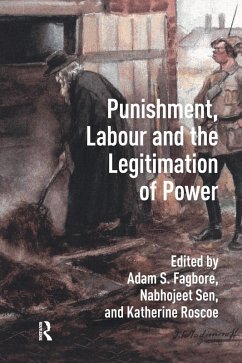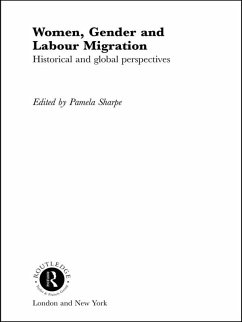
Alienating Labour (eBook, PDF)
Workers on the Road from Socialism to Capitalism in East Germany and Hungary
Versandkostenfrei!
Sofort per Download lieferbar
80,95 €
inkl. MwSt.
Weitere Ausgaben:

PAYBACK Punkte
40 °P sammeln!
The Communist Party dictatorships in Hungary and East Germany sought to win over the "masses" with promises of providing for ever-increasing levels of consumption. This policy-successful at the outset-in the long-term proved to be detrimental for the regimes because it shifted working class political consciousness to the right while it effectively excluded leftist alternatives from the public sphere. This book argues that this policy can provide the key to understanding of the collapse of the regimes. It examines the case studies of two large factories, Carl Zeiss Jena (East Germany) and Ráb...
The Communist Party dictatorships in Hungary and East Germany sought to win over the "masses" with promises of providing for ever-increasing levels of consumption. This policy-successful at the outset-in the long-term proved to be detrimental for the regimes because it shifted working class political consciousness to the right while it effectively excluded leftist alternatives from the public sphere. This book argues that this policy can provide the key to understanding of the collapse of the regimes. It examines the case studies of two large factories, Carl Zeiss Jena (East Germany) and Rába in Gyor (Hungary), and demonstrates how the study of the formation of the relationship between the workers' state and the industrial working class can offer illuminating insights into the important issue of the legitimacy (and its eventual loss) of Communist regimes.
Dieser Download kann aus rechtlichen Gründen nur mit Rechnungsadresse in A, B, BG, CY, CZ, D, DK, EW, E, FIN, F, GR, HR, H, IRL, I, LT, L, LR, M, NL, PL, P, R, S, SLO, SK ausgeliefert werden.













